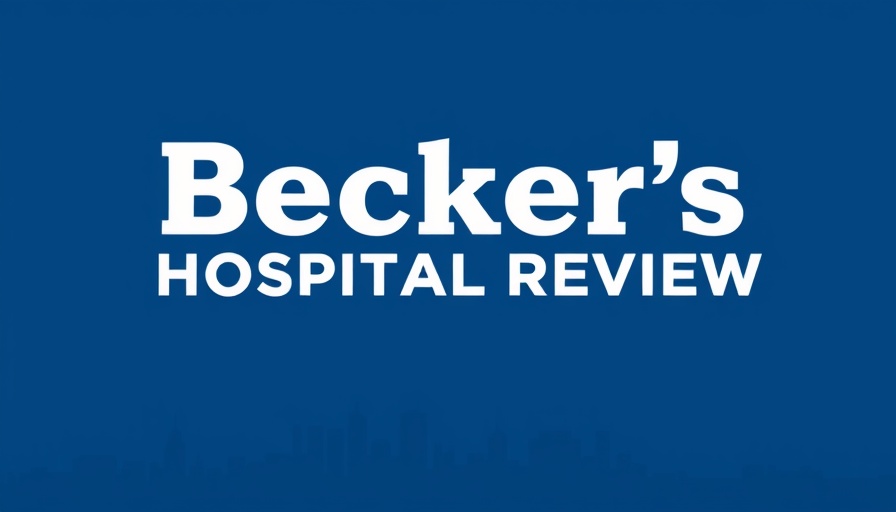
The Onset of a Legal Battle: CVS and Express Scripts Challenge Arkansas PBM Law
In a significant move that could reshape the landscape of pharmacy benefits management, CVS Health and Express Scripts have initiated lawsuits against the state of Arkansas, contesting a new law that limits the operations of pharmacy benefit managers (PBMs) in the area. This law is argued by these industry giants to pose a substantial threat to patient access and affordability of medications.
What’s at Stake: The Impact of Arkansas PBM Law
CVS Health and Express Scripts filed separate complaints in federal court, stating that the law violates the Dormant Commerce Clause and equal protection rights. They warn that the legislation could result in the closure of 23 CVS locations, with the potential to eliminate over 500 jobs in the process. Additionally, Express Scripts highlights the possible hindrance to access for essential medications, including home-delivered prescriptions, fertility treatments, and vital drugs for conditions such as cancer and spinal muscular dystrophy.
Rural Areas: The Disproportionate Effect
Both companies contend that the Arkansas law will disproportionately affect rural communities, where pharmacy access is already limited. This is crucial for independent pharmacy owners and healthcare providers in these areas, as reduced competition could lead to higher drug prices for patients and employers alike, exacerbating existing access issues.
A Broader Look: Pharmacy Profitability and Healthcare Compliance
The implications of this legal challenge extend beyond Arkansas. For independent pharmacies elsewhere, particularly in rural settings, these developments reinforce the need to advocate for fair regulations that support pharmacy profitability. As the landscape of healthcare compliance evolves, being informed about the latest changes can offer strategic advantages for healthcare providers and independent pharmacies in optimizing practice revenue.
Potential Outcomes: What Lies Ahead?
The outcome of this lawsuit could set a precedent for other states considering similar legislation, particularly in the realm of healthcare automation and employee health benefits. As CVS and Express Scripts navigate this legal terrain, it invites conversation about the balance between regulation and ensuring equitable access to medications. This discussion is essential to equip healthcare professionals, particularly independent ones, with insights into potential impacts on practice efficiency solutions, telehealth revenues, and insurance underpayments.
Actionable Insights for Healthcare Professionals
What can independent physicians and pharmacies take away from this ongoing legal battle? Staying informed about changes in pharmacy laws and advocating for regulations that promote patient access should remain on the agenda. Furthermore, exploring tools like practice automation and patient engagement technologies can enhance clinic cost savings and optimize workflows. By utilizing voice AI agents and missed call automation, practices can maintain communication with patients effectively, enhancing service delivery even amidst regulatory uncertainties.
Looking Forward: The Role of Independent Pharmacies
As large corporations like CVS and Express Scripts challenge legislative changes, independent pharmacies must bolster their role within the healthcare ecosystem. This includes advocating for policies that support small practices, enhancing their capability to offer comprehensive care to communities. The engagement of local healthcare professionals in discussions surrounding pharmacy benefits can illuminate the direct impact of such laws on the patients they serve.
Get Involved: Stay Informed and Advocate
Community pharmacists, independent physicians, and healthcare providers are encouraged to engage in industry discussions and advocacy. Staying informed about legislation affecting pharmacy benefits can empower healthcare practitioners to take proactive steps in ensuring sustained access and affordability for their patients. In a rapidly shifting landscape, collective advocacy can safeguard the interests of independent healthcare providers and ultimately enhance patient care.
 Add Row
Add Row  Add
Add 




 Add Row
Add Row  Add
Add 

Write A Comment